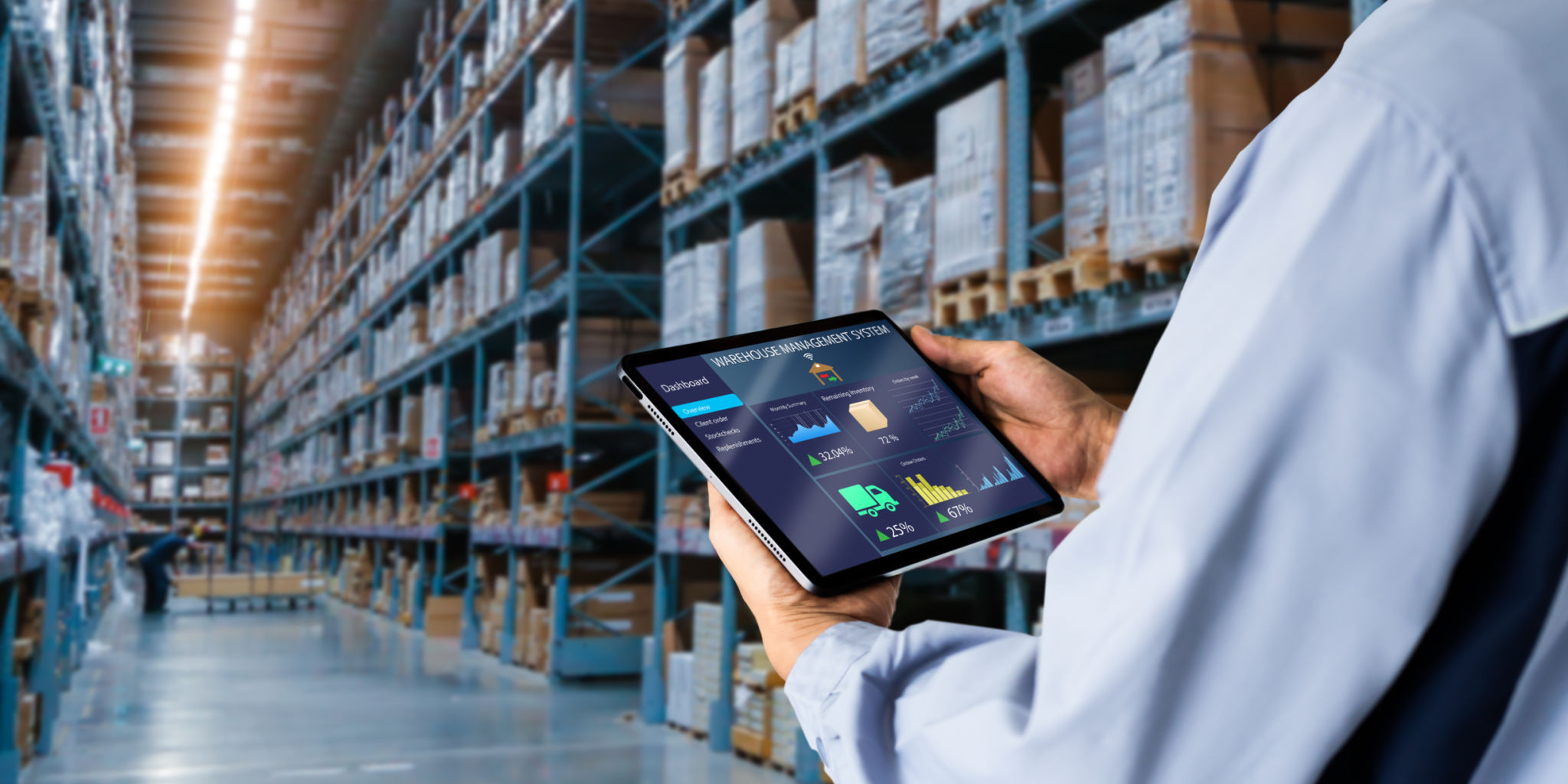Understanding the Impact of Logistics on Healthcare Facility Efficiency
The Role of Logistics in Healthcare
Logistics play a pivotal role in the healthcare industry, influencing everything from the supply of medical equipment to the management of patient flow. Ensuring that a healthcare facility operates efficiently is heavily reliant on a well-organized logistics system. With the increasing demand for healthcare services, understanding the impact of logistics on healthcare facility efficiency is more crucial than ever.

Streamlining Medical Supplies
One of the primary aspects of logistics in healthcare is the management and distribution of medical supplies. Proper logistics planning ensures that vital medical supplies are available when needed, reducing delays in treatment and improving patient outcomes. Efficient logistics help avoid overstocking or shortages, which can have significant implications for patient care.
An organized supply chain allows healthcare facilities to manage their inventory levels effectively. By using technology such as automated inventory systems, facilities can track their supplies in real-time, thereby minimizing waste and reducing costs. This level of efficiency ensures that resources are optimized, directly impacting the quality of care provided.
Enhancing Patient Flow
Another critical component of healthcare logistics is managing patient flow within a facility. Efficient patient flow is essential to reducing wait times and improving the overall patient experience. Logistics can optimize the scheduling of appointments, admissions, and discharges, ensuring that each stage of patient care is coordinated seamlessly.

By implementing data-driven logistics strategies, healthcare facilities can better predict patient influx and allocate resources accordingly. This proactive approach not only enhances operational efficiency but also improves patient satisfaction by minimizing unnecessary delays and bottlenecks.
Transportation and Mobility
Transportation logistics play a substantial role in healthcare efficiency. Whether it involves the movement of patients between departments or the transportation of medical equipment across different locations, having a reliable transportation system is vital. Effective transportation logistics ensure that patients and staff can move smoothly within and outside the facility.
Additionally, the transportation of medical samples and emergency supplies must be handled with precision and speed. Leveraging technology like GPS tracking and route optimization can significantly improve transportation efficiency, ensuring timely deliveries and reducing operational costs.

Leveraging Technology for Improved Logistics
The integration of advanced technologies is transforming logistics in healthcare. From automated systems to artificial intelligence, technology provides tools that streamline operations and enhance efficiency. For instance, predictive analytics can forecast demand for services, allowing facilities to prepare adequately for peak times.
Moreover, technologies such as blockchain can enhance transparency and security in supply chains, ensuring that every transaction is traceable and secure. This level of visibility helps in maintaining compliance with regulatory standards, which is essential for maintaining high-quality care.
The Future of Healthcare Logistics
As healthcare demands continue to evolve, so too will the strategies used to manage logistics. The future promises more integration of digital solutions, enabling facilities to operate with greater efficiency and flexibility. By embracing these innovations, healthcare providers can ensure they remain at the forefront of delivering exceptional patient care.
Ultimately, understanding and optimizing logistics in healthcare is not just about improving operations; it’s about enhancing the entire patient experience. With effective logistics management, healthcare facilities can provide care that is not only efficient but also compassionate and responsive to the needs of their patients.
